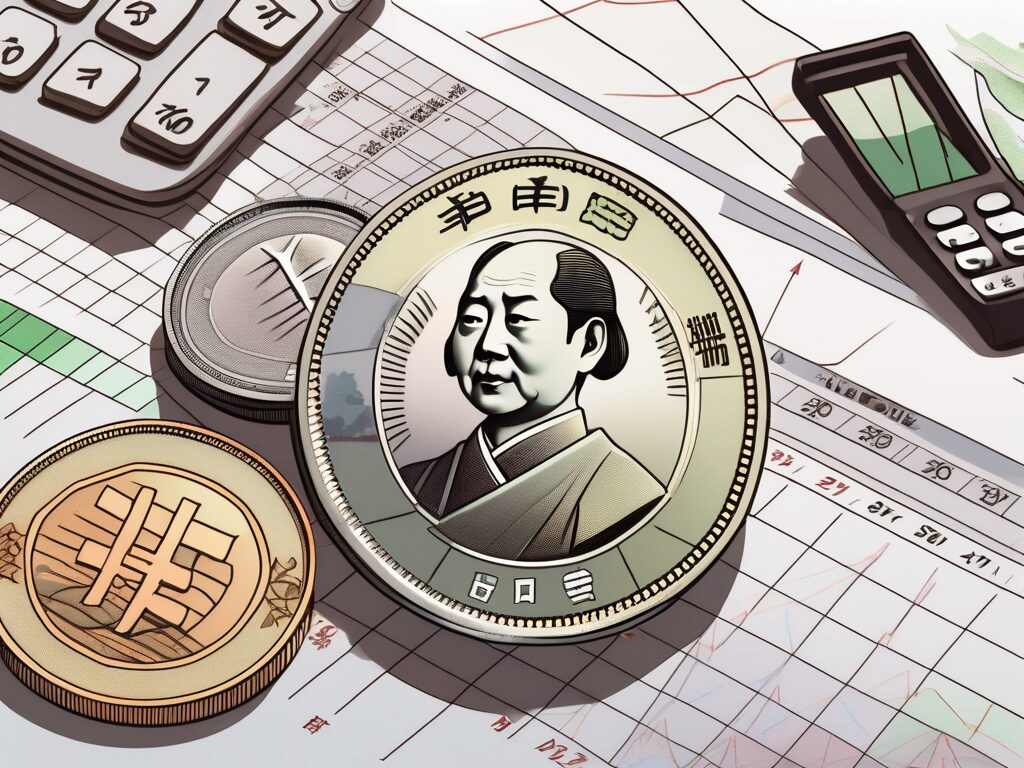The Land of the Rising Sun, Japan, is renowned for its unique blend of traditional and modern culture. But, if you’re considering a move to Japan for work, one of the first things you’ll want to know is what your pay expectations should be. In this comprehensive guide, we’ll delve into the basics of pay expectations in Japan, covering everything from average salaries to the factors that influence them.
Average Salary in Japan
The average salary in Japan varies greatly depending on factors such as industry, job type, and location. However, to give you a general idea, the average monthly salary in Japan is around 300,000 yen, which equates to approximately £2,000. This figure is a median of all salaries, meaning it includes both high-paying and low-paying jobs.
It’s worth noting that this is just an average. Some professions, such as IT and finance, typically offer higher salaries, while others, like retail and hospitality, often pay less. Additionally, salaries in major cities like Tokyo and Osaka tend to be higher than in rural areas.
Comparison with Other Countries
When compared to other countries, the average salary in Japan is quite competitive. For instance, the average salary in the UK is around £2,200 per month, which is not significantly higher than in Japan. However, it’s important to consider the cost of living, which can be quite high in Japan, particularly in big cities.
On the other hand, the average salary in the United States is approximately $3,500 per month, which is higher than in Japan. But again, the cost of living can be quite high in major US cities, so the difference in salary may not translate to a higher standard of living.
Factors Influencing Salaries in Japan
Several factors influence salaries in Japan, including the industry, job type, location, and level of experience. Let’s delve into these factors in more detail.
Industry
As mentioned earlier, the industry you work in can significantly impact your salary. Industries such as IT, finance, and engineering typically offer higher salaries. On the other hand, industries like retail and hospitality often pay less.
For instance, an IT professional in Japan can expect to earn an average salary of around 600,000 yen per month, while a retail worker might earn around 200,000 yen per month. This disparity is not unique to Japan and is seen in many other countries as well.
Job Type
The type of job you have also plays a role in determining your salary. For example, management positions usually come with higher salaries than entry-level jobs. Similarly, jobs that require specialised skills or qualifications tend to pay more than those that don’t.
For instance, a project manager in Japan can expect to earn an average salary of around 500,000 yen per month, while an entry-level office worker might earn around 250,000 yen per month.
Location
Location is another important factor. Salaries in major cities like Tokyo and Osaka tend to be higher than in rural areas. This is due to the higher cost of living in cities and the higher concentration of high-paying industries.
However, it’s worth noting that while salaries are higher in cities, so is the cost of living. This means that while you might earn more in a city, you might also spend more on things like rent, food, and transportation.
Experience
Finally, your level of experience can significantly impact your salary. As in most countries, the more experience you have, the higher your salary is likely to be. This is because experienced workers are often more skilled and efficient, making them more valuable to employers.
For instance, a software engineer with ten years of experience can expect to earn an average salary of around 800,000 yen per month, while a software engineer with just one year of experience might earn around 300,000 yen per month.
Conclusion
Understanding the basic pay expectations in Japan is crucial if you’re considering moving there for work. While the average salary is competitive compared to other countries, it’s important to consider factors like the industry, job type, location, and experience level, as these can greatly influence your salary.
Remember, while salary is important, it’s not the only factor to consider when choosing a job. Things like job satisfaction, work-life balance, and career progression opportunities are also important. So, take the time to research and consider all these factors before making your decision.
Elevate Your Teaching Career in Japan with IPGCE
If you’re an educator looking to enhance your career prospects in Japan, IPGCE offers the perfect opportunity to overcome common barriers and achieve your goals. With the International Postgraduate Certificate in Education, you can increase your chances of securing interviews at international schools by 50%, enjoy a 45% higher rate of promotion, and potentially see a 30% salary increase. Join a global network of professionals, gain a deeper understanding of international curricula, and advance your career without sacrificing your current commitments. Don’t let inadequate credentials limit your potential. Join the UK’s #1 Teacher Training Course today and set yourself apart in Japan’s competitive job market.

